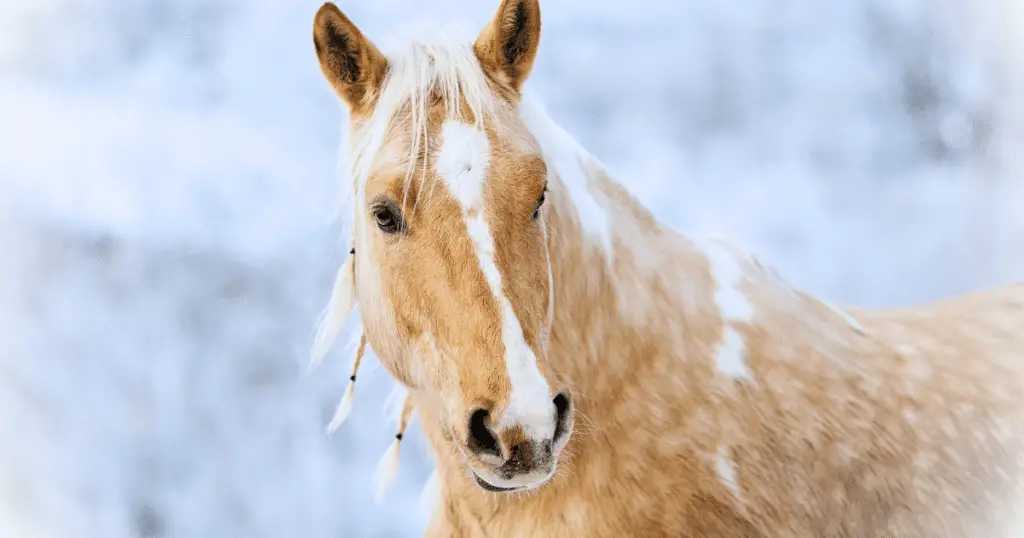
Thankfully, foal rejection is relatively uncommon, but it can occur — most often in primiparous, or first time, mothers. Refusal to nurse is just one of the ways that maternal problem behaviours may be exhibited towards a newborn foal.
In this article, we discuss foal rejection and how you should deal with it.
The first hour of life is considered the most crucial for establishing a bond between your mare and her newborn foal. As such, any human interference, except for medical emergencies, should be kept to a minimum.
However, the bond between mare and foal can begin as early as the first stage of labour when your mare’s waters break and her contractions begin. The amniotic fluid that is released from the uterus becomes the link between mother and newborn.
To better understand the bonding that takes place between mare and foal, we must first understand what’s normal and what’s not. This will enable you to give your newborn foal the very best start at life, under the loving care of their dam.
Normal Maternal Behaviour
Sight, smell and sound are each integral parts in a mare recognising and accepting her foal. Following the first stage of labour, the first three hours are critical:
- First hour – Your mare licks the salty amniotic fluid off her foal as they attempt to stand.
- Second hour – Your foal nurses, consuming the vital antibodies contained within the colostrum.
- Third hour – You must contact your veterinarian immediately if your foal has yet to nurse, due to illness or foal rejection.
At times, a mare may exhibit seemingly aggressive behaviours, which are the result of pain or discomfort during nursing. For example, your mare may pin her ears back, swish her tail, or attempt to kick or bite her foal if they accidentally bump or bite a sensitive udder.
Abnormal Maternal Behaviour
There are three types of abnormal maternal — foal rejection — behaviours, with refusal to nurse being just one of them.
- The first abnormal behaviour is foal avoidance where the mare appears to be fearful of their foal. This situation is most common in primiparous mares, encountering a newborn foal for the first time in their lives.
- The second abnormal behaviour is refusal to nurse, which is considered the most common foal rejection behaviour. It’s important to ensure that any refusal to nurse isn’t simply the result of a swollen or painful udder. When the foal nurses, this releases naturally oxytocin which,
- The third and most concerning abnormal behaviour is unprovoked aggression of a mare towards their newborn foal. In these circumstances, the mare’s owner may need to step in to manage this aggressive behaviour.
Treating Foal Rejection
By far, the most important step when dealing with foal rejection is ensuring your newborn foal receives adequate colostrum.
If your mare is refusing to nurse, you may need to hand collect the first milk and provide it to your foal by bottle or nasogastric tube. Should foal rejection behaviours continue, it’s important to determine if they’re fear or pain-based, rather than outright aggression.
Call your veterinarian immediately if you have any concerns regarding your mare and foal rejection.



